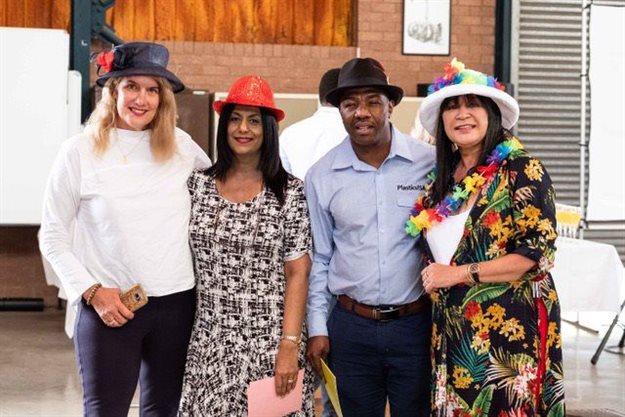
Top stories






More news


Marketing & Media
Ads are coming to AI. Does that really have to be such a bad thing?














Explaining the rationale for developing the new qualification, Plastics SA’s Training Executive, Kirtida Bhana, said: “Over the past few years, the plastics industry has struggled with a decline in qualified technologists. The technical skills gaps in the industry have grown rapidly, as has global competition.”
A Plastics Chamber team was also commissioned earlier this year to research the education and training provisions in the Higher Education sector – with a specific focus on preparing technicians and engineers to meet the current and future demands of the plastics industry. The study aimed to identify gaps in provision and to make recommendations to the merSETA on future interventions to support the plastics sector. “Based on our experience in the industry and the feedback we have received from our stakeholders in the Training Division, Plastics SA was actively involved in developing a curriculum that would meet these needs in the industry,” Kirtida adds.
This is the first time that a consolidated picture of training provisions in the Higher Education band has been collected specifically with the local plastics industry in mind. Researchers engaged with universities and universities of technology to prepare a detailed, quantitative study of the current courses that were being offered at under-graduate and post-graduate level, or as short courses, in order to fully understand the education and training provisions that are currently in place for technologists and engineers.

“Within the context of a global focus on Industry 4.0 and the Circular Economy, it was clear that we needed to develop a new qualification that would be radically different from anything that has been offered until now. We wanted to be sure that we would produce well-rounded plastics technologists who are ready to take on the workplace and lead the industry forward over the next decade,” highlighted Prof Caroline Khoathane, Assistant Dean: Teaching and Learning at the Faculty of Engineering and the Built Environment at TUT.
Prof Khoathane stressed that the three-year curriculum of the new degree fulfils all of the requirements of an Engineering qualification at TUT, with subjects such as Mechanics, Engineering Mathematics, Thermoflow, Plastic Part and Tool Design and Probability and Statistics, to mention but a few. The first enrolment of students will be taken from January 2020.
“Learning is a lifelong process of keeping abreast of change. For this reason, we are very proud and excited about this much-needed degree that will be equipping our future industry leaders with relevant, targeted information. The training and teaching we give students today will be their passport to the future. We encourage companies to partner with us on this mission of creating a pool of highly-skilled experts by sponsoring students or making bursaries available for them. The future growth and well-being of the plastics and related industries just might depend on it!” Kirtida concludes.